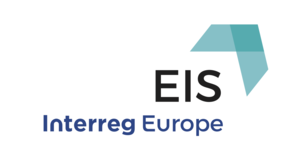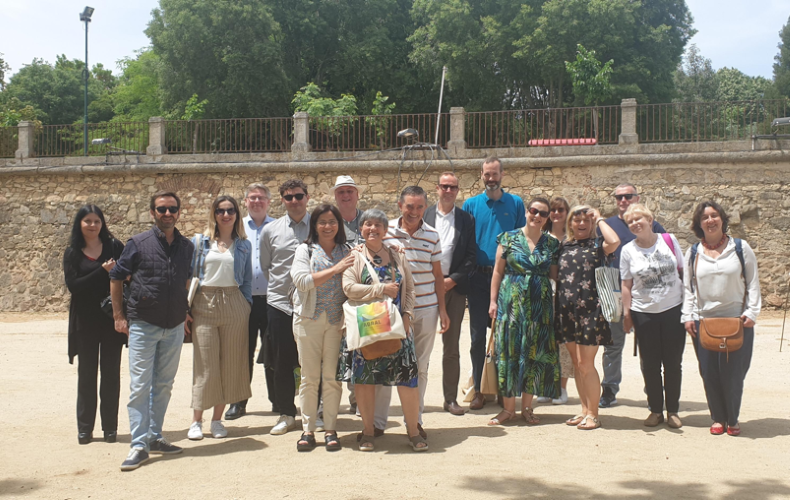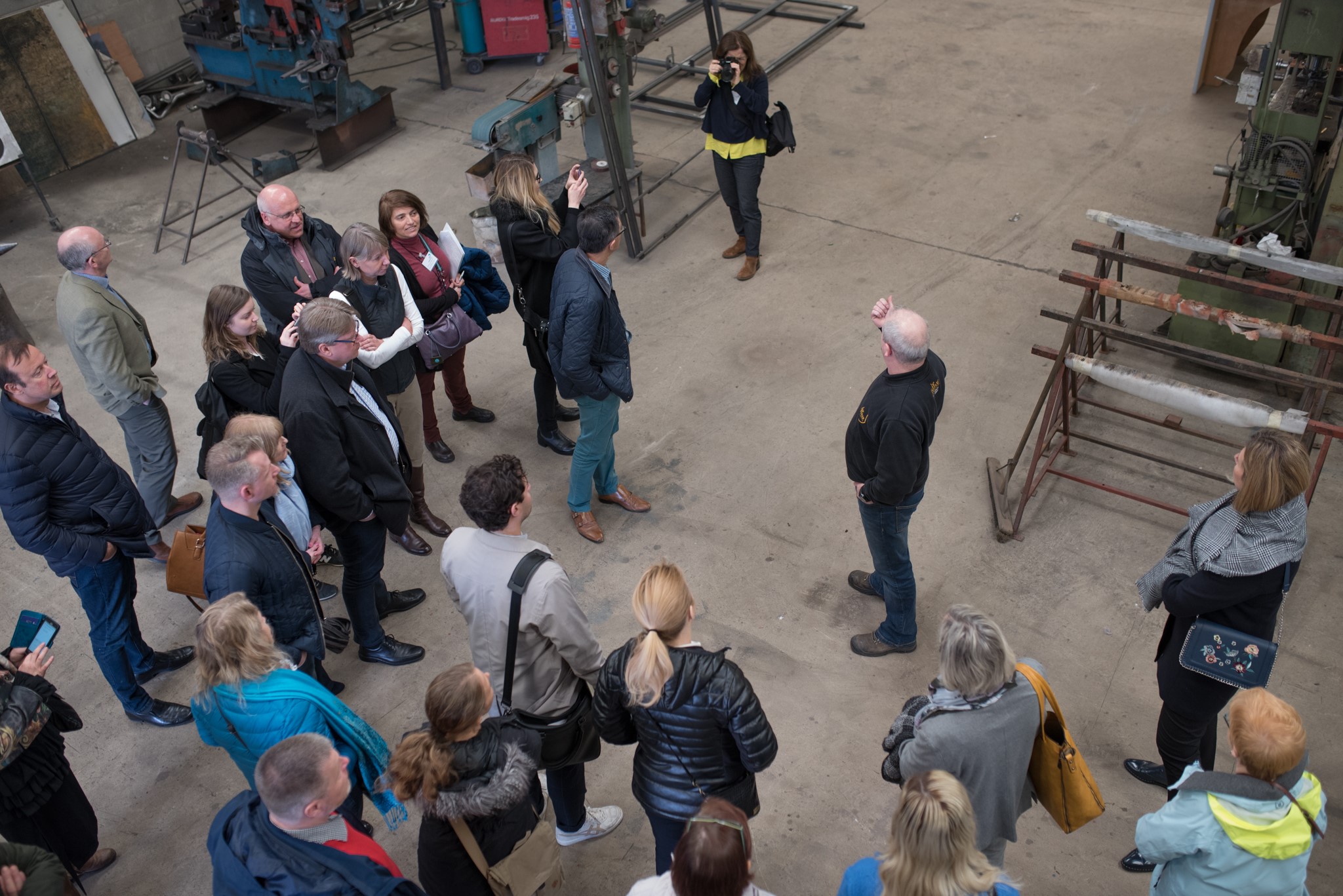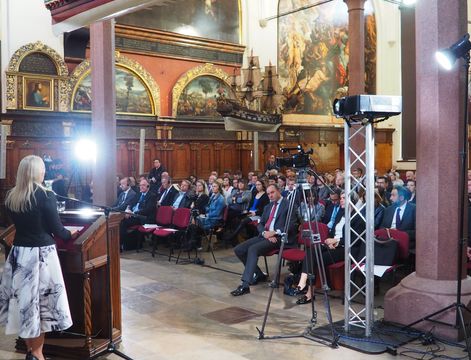Second project workshop held in Évora, Alentejo region
The EIS partners met for a second workshop at the end of May to examine the pandemic’s implications for internationalizing SMEs in the area of disruption to international supply chains. A series of regional case studies were exchanged and supplemented by study visits to internationalizing SMEs in Alentejo to hear how they had fared during the pandemic and the usefulness of the support they had received from the business support sector. Interventions were provided by the Vice-President of the Alentejo Regional Development Agency, Ms Carmen Geraldo Carvalheira who talked about the importance to Alentejo of projects such as EIS. There was also a discussion with the Enterprise Europe Network for Alentejo and a sharing of the state of play of Structural Funds programmes under development which was beneficial for EIS partners in terms of how the findings from EIS can help influence the future regional ESIF Operational Programmes.
At the workshop, it was noted that it is not easy to evaluate the process of internationalization during the shocks thrown up by the pandemic and that therefore empirical evidence presents a mixed picture. In general, the pandemic seems to have adversely affected most industries that do not produce physical goods and especially those not directly exposed to international supply chain disruptions. It was demand side issues that impacted on SMEs trading internationally during 2021 as economies underwent lockdown across the globe rather than supply chain issues per se. Whereas international supply chains are clearly exposed to external shocks, SMEs that operate internationally diversify their risk. Further information is available in our EIS survey report released recently.
A third and final workshop takes place in Aarhus, Denmark at the end of June at which EIS partners will focus on the topic of resilience of the international business support ecosystem during the pandemic.












